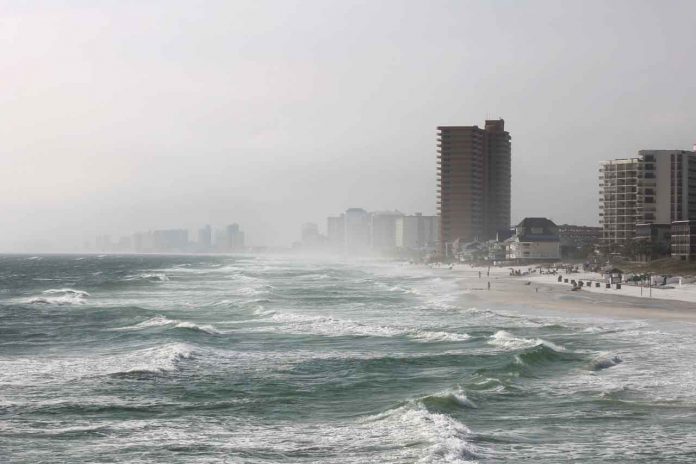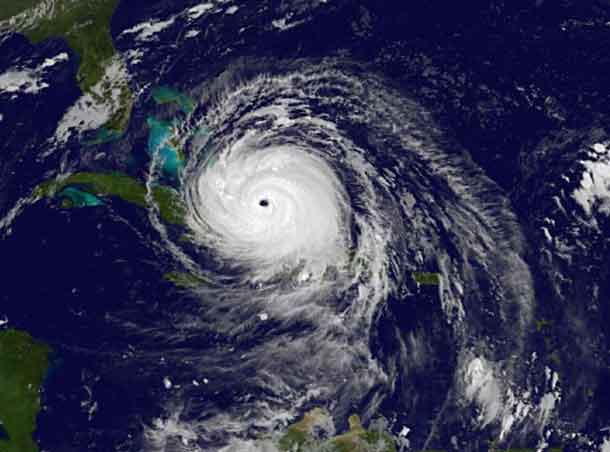Even under normal conditions, planning a move can be stressful. Clearing out the clutter can feel like an impossible task, even if you know it’s best to form two or three piles and decide what to throw away or donate before packing up all your belongings. But if you’re trying to sell your home in the midst of hurricane season — or worse, after a storm has hit both your area and your house — you might have an even tougher time moving forward.
According to Zillow, roughly 48% of American home buyers look for properties that have never been lived in. But considering the rising costs of homeownership, many potential buyers are willing to compromise on that point. What they might not be willing to compromise on, however, is a home that’s been damaged in a natural disaster. Although there are markets wherein buyers are eager to purchase homes that were flooded during hurricanes, this isn’t exactly the norm for the whole of the United States. Still, there are a number of steps you can take following a storm to increase your chances of selling your home quickly and for a good price — even if you were affected by a major storm.
Make Necessary Repairs
Although homeowners insurance provides financial protection against disasters, the unfortunate reality is that most basic insurance packages do not provide coverage for flooding. Your policy will likely cover you for wind damage, but water damage coverage will require a supplemental policy. If you know your home is located in a flood zone, it’s a good idea to have this insurance; however, most Americans don’t have it, as it’s an added expense you might not think you’ll need until it’s too late. As such, you may be on the hook for certain repairs and may be forced to pay for them out-of-pocket. At a bare minimum, you should make repairs that will ensure safety and that will appeal to buyers. Drastic changes aren’t typically necessary, but make sure that any renovations you undertake will add value to the property — particularly because property values in your area may take a bit of a dive following the storm. You might also consider adding features that promote safety and durability in the event of future disasters. Do not, however, attempt to do any complex home repairs on your own if you are not qualified. Eight percent of survey respondents said they caused damage to their home as the result of their DIY work, and 6% revealed that they suffered some type of bodily injury in the process.
Disclose the Damage
Even if the damage from the storm has been completely repaired you’ll likely still need to make certain disclosures to potential buyers when listing your home on the market. In Florida, for example, home sellers are required to disclose pertinent facts and conditions that might have an impact on the value of the property but that buyers could not easily locate themselves. These disclosures can be made in writing or verbally, and sellers need only disclose the facts they know about (in other words, they won’t be liable for issues of which they had to knowledge). Sellers are required to tell the truth and not mislead buyers about flooding or other damages. It’s a good idea to check on local regulations and contact an attorney specializing in real estate to make sure you’ve got all your ducks in a row.
Work With a Real Estate Agent
It’s generally recommended that home sellers, regardless of where they’re located or how much work their properties might need, work with experienced realtors. It’s really the best way to ensure that your home is market-ready and that it fetches a good price. When you’re dealing with storm damage, however, it’s even more vital to have help from an expert. Whether you’ve had your home on the market for a while or you’re planning to make it available for purchase following a storm, a qualified agent can guide you in making the right repairs and renovations to appeal to local buyers and ensure your house is structurally sound.
It may not be easy to sell a home in any market, but there are additional challenges that sellers face when selling a property that’s been affected in some way by a hurricane. With these tips in mind, you’ll be able to get your home in shape to sell and ensure that the sale goes smoothly.






